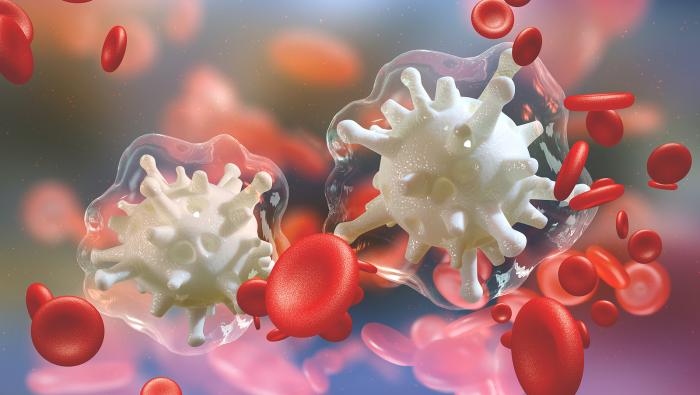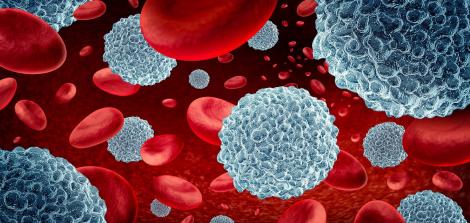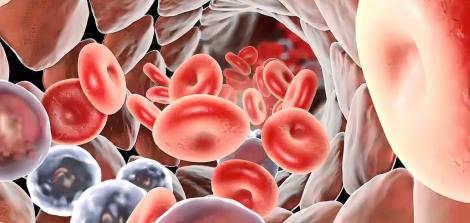Immunotherapy

The challenge: unveiling the secrets of the immune system
Our immune system is an amazing and complex network of actions, reactions, and interactions. It remembers and continuously learns from its experiences and can identify and eliminate potential pathogens that invade the body.
In most cases, the immune system manages to deal well with bacteria, fungi, and other pathogens that can make our body ill. The cells of our immune system-white blood cells of various types, most prominently the lymphocytes-know how to identify foreign elements and abnormal biological processes, and regularly eliminate these threats using sophisticated multi-step strategies.
However, in certain diseases, such as cancer, the body's immune response appears to be inhibited and sometimes even inactivated, allowing the cancer to spread and cause damage. Groundbreaking research from recent years sheds light for the first time on the causes of this process, revealing both how cancer cells behave and how our immune system responds to them. The fascinating challenge facing scientists today is to further explore the functions and components of the immune system, as well as the interactions among them, and consequentially develop strategies for treating diseases that are presently considered incurable.
What is immunotherapy?
In recent years, the field of immunotherapy has become one of the most promising innovative fields in the research of cancer and other diseases.
Immunotherapy is based on harnessing the patient's natural immune system to cure various diseases, including cancer. The immunotherapeutic methods employed today against cancer are also called "targeted treatments" or "biological treatments". These utilize the patient's own immune system in order to attack the cancer tumor cells more effectively.
What are we researching?
Our laboratories focuses on two main areas.
First and foremost, we are deepening our understanding of the molecular mechanisms of blood cells, in normal and in pathological conditions, including the processes that take place in the micro-environment of cancer cells. But our goal reaches far beyond the expansion of theoretical knowledge – we want to utilize our in-depth understanding of the functions of white blood cells and the molecular mechanisms that control them to increase the body's immune response in various pathological conditions - in other words- to cure diseases. Unveiling the way these mechanisms work will give us, and other researchers around the world, the opportunity to develop new strategies to use the body's own immune response in the war against various diseases, including cancer.
Immunotherapeutic approaches - the next generation
In addition to unveiling immune mechanisms and processes, we also develop specific strategies to inhibit pathogens and increase the immune response. These strategies allow pharmaceutical companies to develop drugs that will reach the patients who need them. Our laboratories performs the initial research – identifying molecular functions that may serve as targets for drugs, namely the search of micromolecules capable of silencing the factors which neutralize or inhibit the immune system. Once this molecule has been found and has been tested and proven to be effective in the laboratory, we engage with companies and individuals in the industry who can take such scientific ideas through the long drug approval process.
Our research is known in the international scientific community for its leading role in the field of Immune Cell Signal Transduction: the development of immunotherapeutic strategies based on signal transmission mechanisms in immune cells for the purpose of amplifying the body's immune response.
Groundbreaking research done in our laboratories in recent years unveiled some of the biological mechanisms of cancer cells and has shown a way to enhance the patients' immune response to successfully cope with cancer and other diseases. Currently, extensive research is being conducted to implement such strategies in the treatment of neurodegenerative diseases such as Alzheimer's disease, Parkinson's disease, chronic inflammation, viral infections, and other conditions.
Multidisciplinary collaborations
Given that research in fields such as biology and genetic sequencing primarily rely on computational and technological capabilities, it is necessary to facilitate collaboration between researchers from different disciplines. Our laboratories are fully committed to multidisciplinary collaboration with other departments at Bar-Ilan University and with researchers and doctors from other institutions and medical centers.






